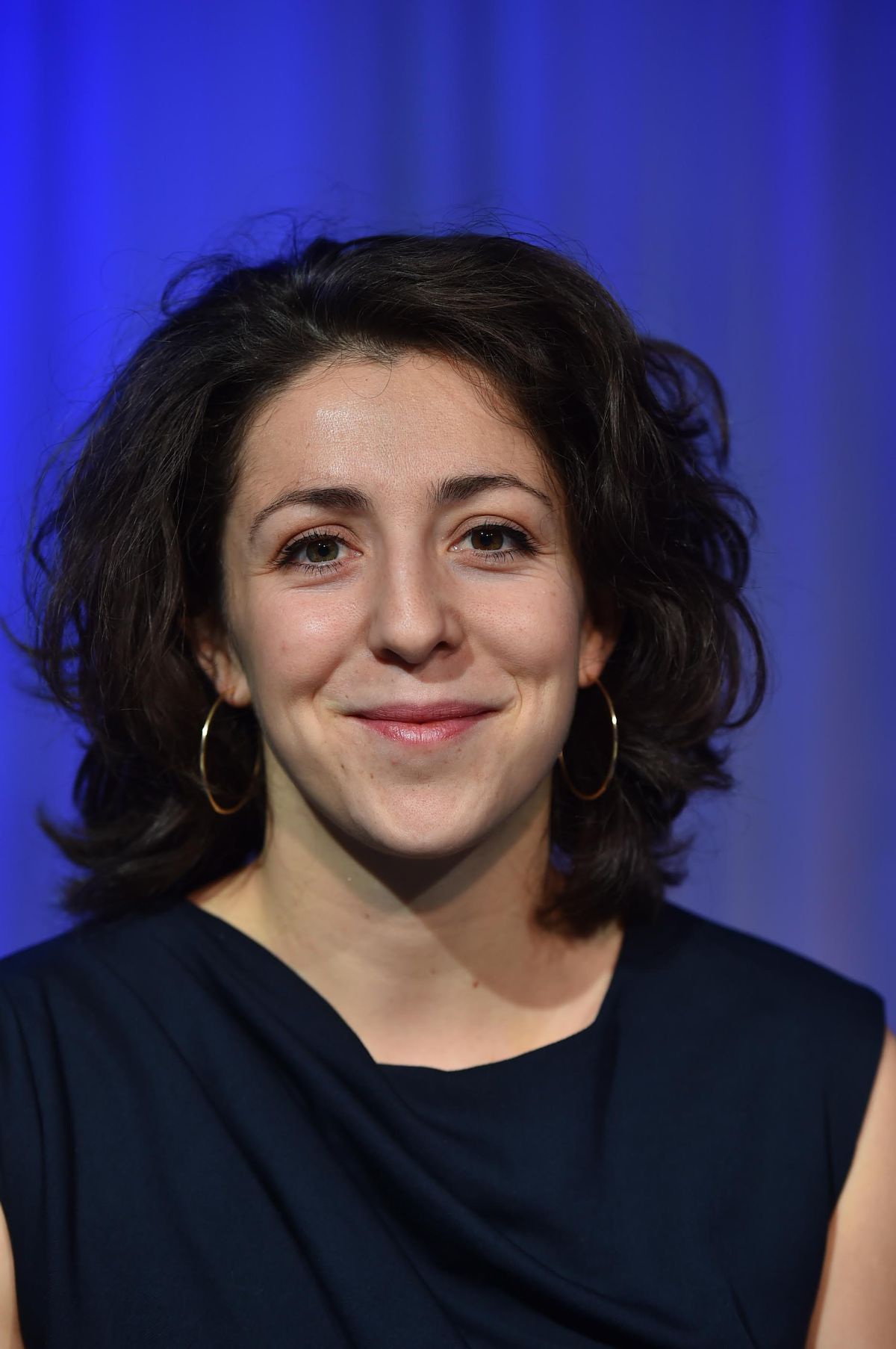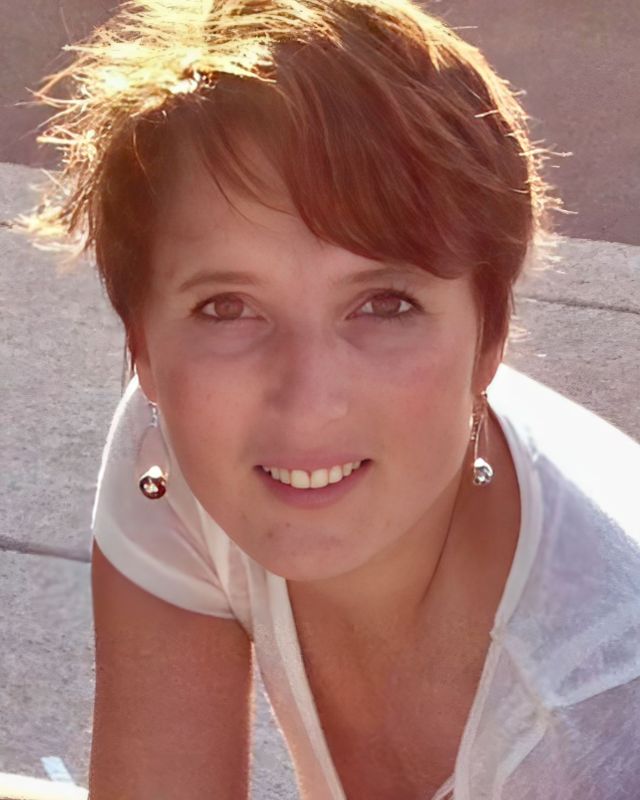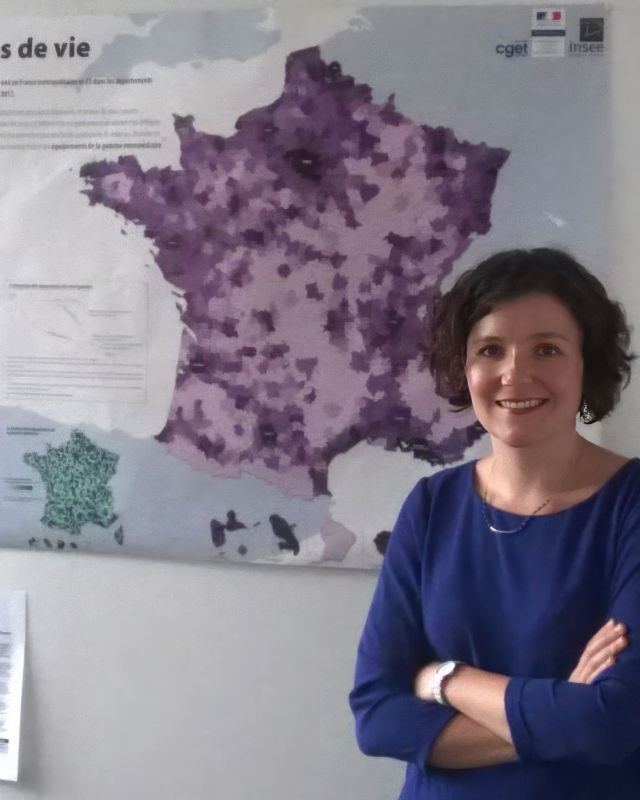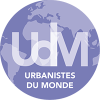Portrait

Audrey Noeltner - GLM 2012 - Co-Founder and Project Manager of the NGO Womenability
Published on | Alumni Portraits
Among the first graduates of the Governing the Large Metropolis master's programme at the Urban School, Audrey has had various professional experiences in consultancy and the non-profit sector, before embarking with colleagues on the journey of Womenability. This NGO, at the intersection of consultancy and raising awareness about the status of women in urban environments and gender discrimination, offers solutions for a city that is equitable for everyone. In Situ was able to meet Audrey over coffee at the beginning of December, to discuss her journey and to introduce the Womenability project.
The city, on both sides of the Atlantic
As a Franco-American, Audrey completed her studies between Canada and Rue Saint Guillaume. She first obtained a Bachelor's degree in Environment at Concordia University in Montreal, with a minor in urban planning. This confirmed her long-standing interest in urban issues, which she had already developed through the numerous travels she experienced with her family while growing up, between Paris, New York, and Los Angeles.
It was somewhat by chance that Audrey later discovered Sciences Po, as an acquaintance in Paris spoke to her about the Urban School. The following year, she joined the newly established GLM master's programme. A small cohort, with 19 students, creating a family-like atmosphere. Gabriel Odin, one of the three other co-founders of Womenability, is also part of the class. Over the two years of her studies, Audrey explains that she was able to further cultivate her interest in large metropolises and international urbanism.
From Citizen Participation to Community Empowerment
After six months of an internship in Manila, Audrey initially worked as a consultant for MuseD.Territoires, specialising in citizen participation issues in France and the revitalisation of suburbs. She also got involved in numerous associative projects on the same theme, focusing on increasing citizen inclusion in public policies and local collective life. Furthermore, she co-founded the association One, Two, Three…Rap !, which aims to promote English teaching in disadvantaged areas. Therefore, Audrey's professional early years revolved around the challenges of social urbanism and the everyday issues faced by urban communities.
Feminism and Urbanism
Then came a personal experience, a moment of awareness and commitment. Street harassment can take many forms and degrees, escalating to violence. Even while cycling home in La Courneuve. This specific experience became the catalyst for all her past experiences, prompting a new reflection on the right to the city and mobility. Audrey suddenly realised that not everyone has the same right to the city everywhere, nor the same freedom to be and move within urban spaces. This sentiment combined with her previous associative experiences: the absence or minority of women participating in community building in the suburbs, fewer women venturing out, and few raising their voices. There were also the disparities in women's conditions that Audrey had observed while travelling. There was a striking need to find solutions to these daily challenges faced by women in urban contexts.
The Womenability Project
Together with Charline Ouarraki, Julien Fernandez, and Gabriel Odin, assisted by Leïla N’ciri, a former STU student, and Joséphine Hebert, a former GLM student at Sciences Po, they founded the Womenability project in 2015. The goal is to make gender equality a reality in the cities of tomorrow by collecting information, creating new databases on this under-documented subject, and providing an index of solutions to the challenges faced by women in cities. Audrey is currently the president, but it is a team of nine social entrepreneurs who have embarked on this innovative project. The association has received support and guidance from older feminist organisations, notably the NGOs Place à Elles and Genre et Ville, with which the team has collaborated. Womenability thus occupies a unique position at the intersection of personal reflections and academic studies on gender and urbanism, aiming to find solutions to the daily issues faced by women in cities, with the intention of proposing them for implementation in public policies at municipal levels.
Speaking About Gender Differently
Audrey then explained that Womenability's approach is to underpin personal experiences and reflections on gender discrimination in urban settings, gathered, shared, and lived, with broader qualitative and quantitative studies. The association thus meets a new need for the creation of data on urban facts and women. At the Ministry for Women's Rights and the Paris City Hall, at the time of its creation, Womenability encountered a unanimous recognition of the dire lack of knowledge, information, and solutions from public authorities concerning the gendered discrimination of urban space.
The Three-Dimensional Mission of Womenability
First and foremost, it is an exploratory approach, both qualitative and quantitative. It involves capturing the expertise of city users themselves, to generate new databases regarding women's issues in urban areas, to identify problems, and to differentiate between their variations across different cities worldwide, studying all their forms. Drawing inspiration from Jane Jacobs' concept of “eyes on the street”, which Audrey highly recommends reading, Womenability expresses a desire to create a more open city, a determination to bring women back to the street so they can also claim it, and reclaim it, without fear. To achieve this, Womenability has undertaken its world tour of cities, comprising a total of 13 urban walks in as many different cities, organised in collaboration with local feminist and/or LGBT organisations. 209 people responded to its questionnaire, always with the aim of gathering diverse urban knowledge regarding the situation of women. Ultimately, the collected data, solutions, and proposals formulated by Womenability will be sent to local associations and city halls, as sharing knowledge is indeed another vitally important aspect of Womenability's actions.
In this same vein, Womenability publishes interviews with women mayors, who today comprise only between 10 and 15% of elected officials worldwide. The association thus aims to raise awareness of this inequality by charting the paths of these women. Lastly, Womenability also publishes interviews for a wider but equally focused audience: interviews on best practices. They highlight specific projects that work and can today serve as models of public policy regarding gender equality. Examples of such best practices include solutions for inclusivity in skate parks in Sweden, or open and mixed environments designed in Vienna for sports practice.
Audrey's Grand Reading Council
Jane Jacobs, The Death And Life of Great American Cities
Pour aller plus loin
Céline Terrier-Laurens - GTU 2005 - Olympic and Paralympic Project - Paris 2024: Environmental, Planning and Greater Paris Coordinator at the General Secretariat of the City of Paris
Published on 25 January 2017
Céline is a true enthusiast of urbanism, urban planning and architecture. Consistently balancing between the strategic and the operational, and having worked…
Laure Cardinal - STU 2008 - Project Officer for Evaluation at the General Secretariat for Equality of Territories
Published on 09 November 2016
Graduating from the STU master’s programme in 2008, Laure Cardinal is an evaluation project officer at the Directorate of Territorial Strategies of the General…
 English
English  Français
Français 




